Mental Trauma is an emotional response to a distressing event or series of events, such as accidents, rape or natural disasters. Reactions such as psychological shock and psychological denial are typical. Longer-term reactions include unpredictable emotions, flashbacks, difficulties with interpersonal relationships and sometimes physical symptoms including headaches or nausea.
Trauma is not the same as mental distress or suffering, both of which are universal human experiences.
Given that subjective experiences differ between individuals, people will react to similar events differently. In other words, not all people who experience a potentially traumatic event will actually become psychologically traumatized (although they may be distressed and experience suffering). Some people will develop post-traumatic stress disorder (PTSD) after being exposed to a major traumatic event (or series of events).This discrepancy in risk rate can be attributed to protective factors some individuals may have that enable them to cope with difficult events, including temperamental and environmental factors (such as resilience and willingness to seek help).
Bullying
Bullying, also known as peer victimization, is a deliberate and unsolicited action that occurs with the intent of inflicting social, emotional, physical, and/or psychological harm to someone who often is perceived as being less powerful. The act of bullying typically happens repeatedly and is a form of aggression and harassment. It can prevent someone from enjoying a safe, stress-free living, learning, or working environment and can be very traumatic.
The harmful effects of bullying may be exacerbated by the frequency, pervasiveness, and severity of the behavior, as well as the power differential between the perpetrator and the target. Bullying can be physical, verbal, and social. Cyberbullying includes sending negative, harmful, or false content via text messages, email, or online through social media.


Community Violence
Community violence is exposure to intentional acts of violence committed in public areas by individuals who are not intimately related to the victims. Common types of community violence include individual and group conflicts (e.g., bullying, fights among gangs and other groups, shootings in public areas such as schools and communities, civil wars in foreign countries, or “war-like” conditions in cities, and spontaneous violence or attacks). Although people can anticipate some types of traumatic events, community violence can happen suddenly and without warning. Consequently, persons who live with community violence often have heightened fears response, experiencing the world as unsafe and terrifying. In addition, although some types of trauma are accidental, community violence is an intentional attempt to hurt one or more people and a desire to instill fear.
Disaster Trauma
Natural disasters include hurricanes, earthquakes, tornadoes, wildfires, tsunamis, and floods, as well as extreme weather events such as blizzards, droughts, extreme heat, and windstorms. These events can lead to many adversities persons, including displacement, loss of home and personal property, changes in schools, economic hardship, loss of community and social supports, and even the injury and death of loved ones. Depending on how they are led to cope with their internal traumatic response, they may easily move to deep despair at the threat of a disaster event.

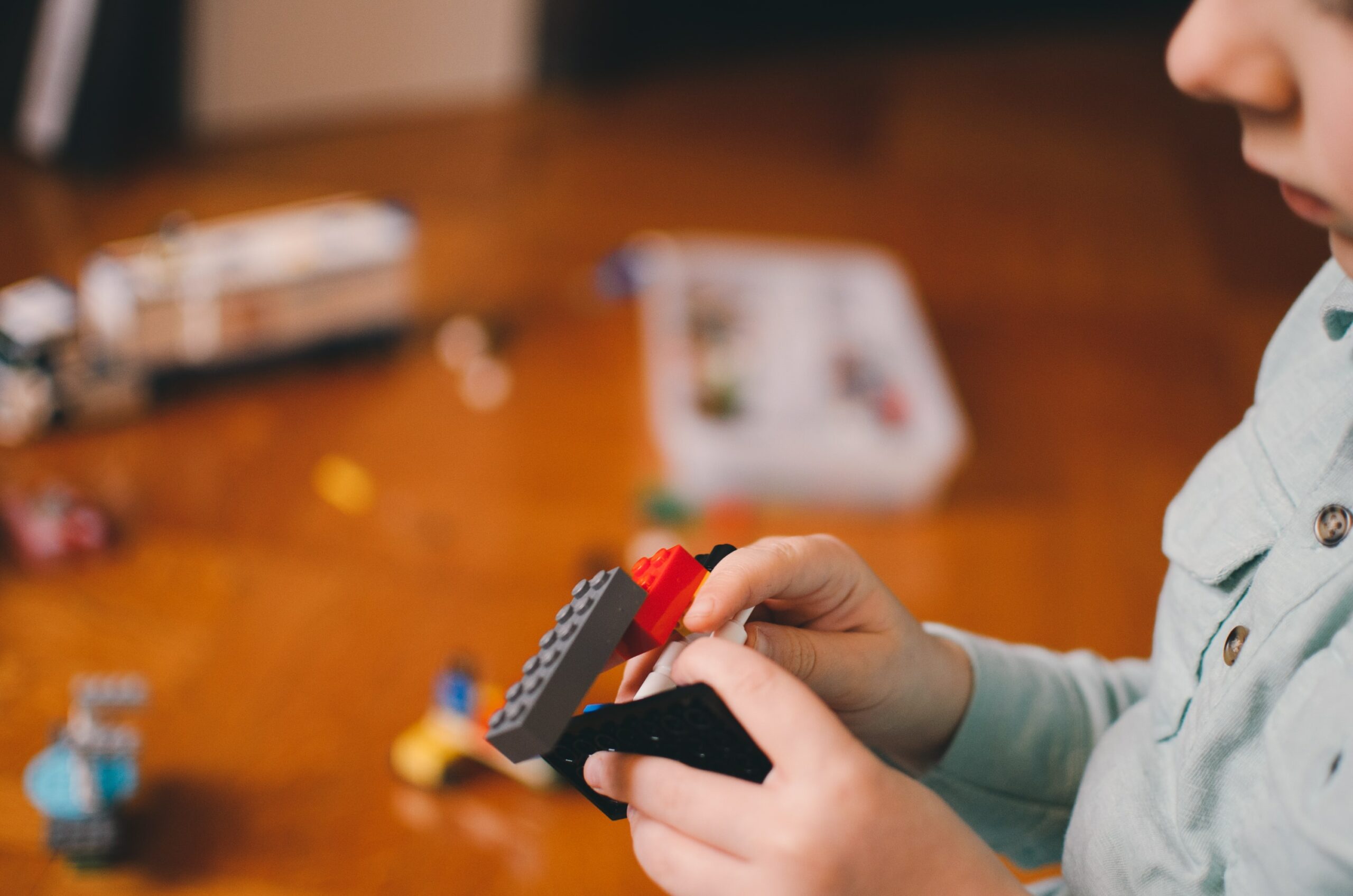
Early Childhood Trauma
Early childhood trauma generally refers to the traumatic experiences that occur to children aged 0-6. Because infants’ and young children’s reactions may be different from older children’s, and because they may not be able to verbalize their reactions to threatening or dangerous events, many people assume that young age protects children from the impact of traumatic experiences. A growing body of research has established that young children may be affected by events that threaten their safety or the safety of their parents/caregivers, and their symptoms have been well documented. These traumas can be the result of intentional violence—such as child physical or sexual abuse, or domestic violence—or the result of natural disasters, accidents, or war. Young children also may experience traumatic stress in response to painful medical procedures or the sudden loss of a parent/caregiver.
Intimate Partner Violence
Intimate Partner Violence (IPV), also referred to as domestic violence, occurs when an individual purposely causes harm or threatens the risk of harm to any past or current partner or spouse. While abuse often occurs as a pattern of controlling and coercive behavior, an initial episode of abuse may also be cause for concern. Tactics used in IPV can be physical, sexual, financial, verbal, or emotional in nature against the partner. Individuals may also experience stalking, terrorizing, blame, hurt, humiliation, manipulation, and intentional isolation from social supports and family. IPV can vary in frequency and severity. Children are often the hidden or silent victims of IPV, some are directly injured, while others are frightened witnesses. Children with IPV exposure are more likely to have also experienced emotional abuse, neglect, physical abuse, and community violence.
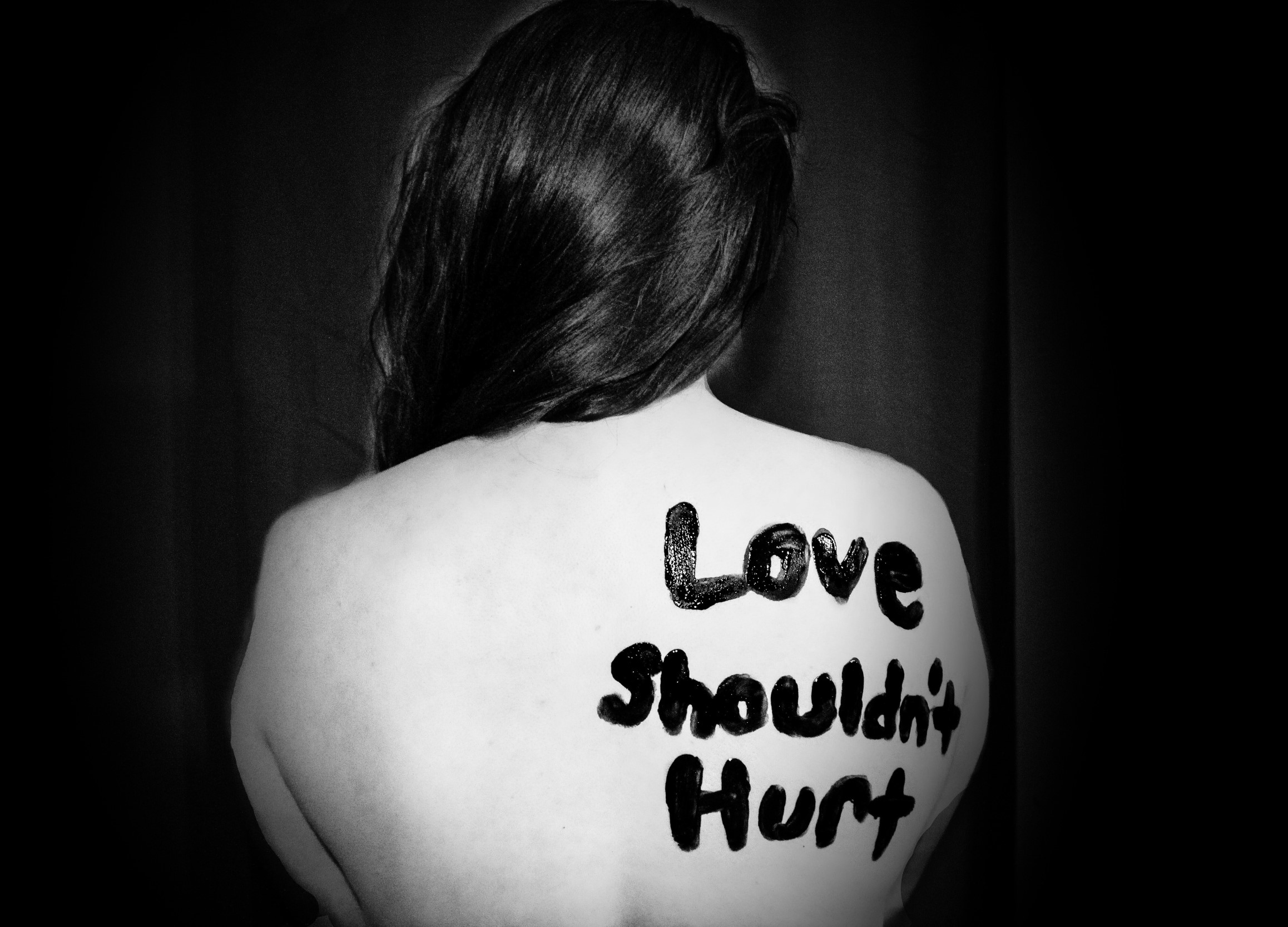

Medical Trauma
Medical Traumatic Stress refers to a set of psychological and physiological responses of person and their families to pain, injury, serious illness, medical procedures, and invasive or frightening treatment experiences. This trauma may occur as a response to a single procedure or multiple medical events. A medical trauma may even form from seeing or experiencing what was initially a simple medical condition later become life-threatening.
Physical Abuse
Physical abuse is one of the most common forms of trauma. A child’s maltreatment in most cases turns into an abusive adult. Legal definitions vary from state to state, however broadly, physical abuse occurs when an individual commits an act that results in physical injury to a child or adolescent, or another adult person, such as red marks, cuts, welts, bruises, muscle sprains, or broken bones, even if the injury was unintentional.

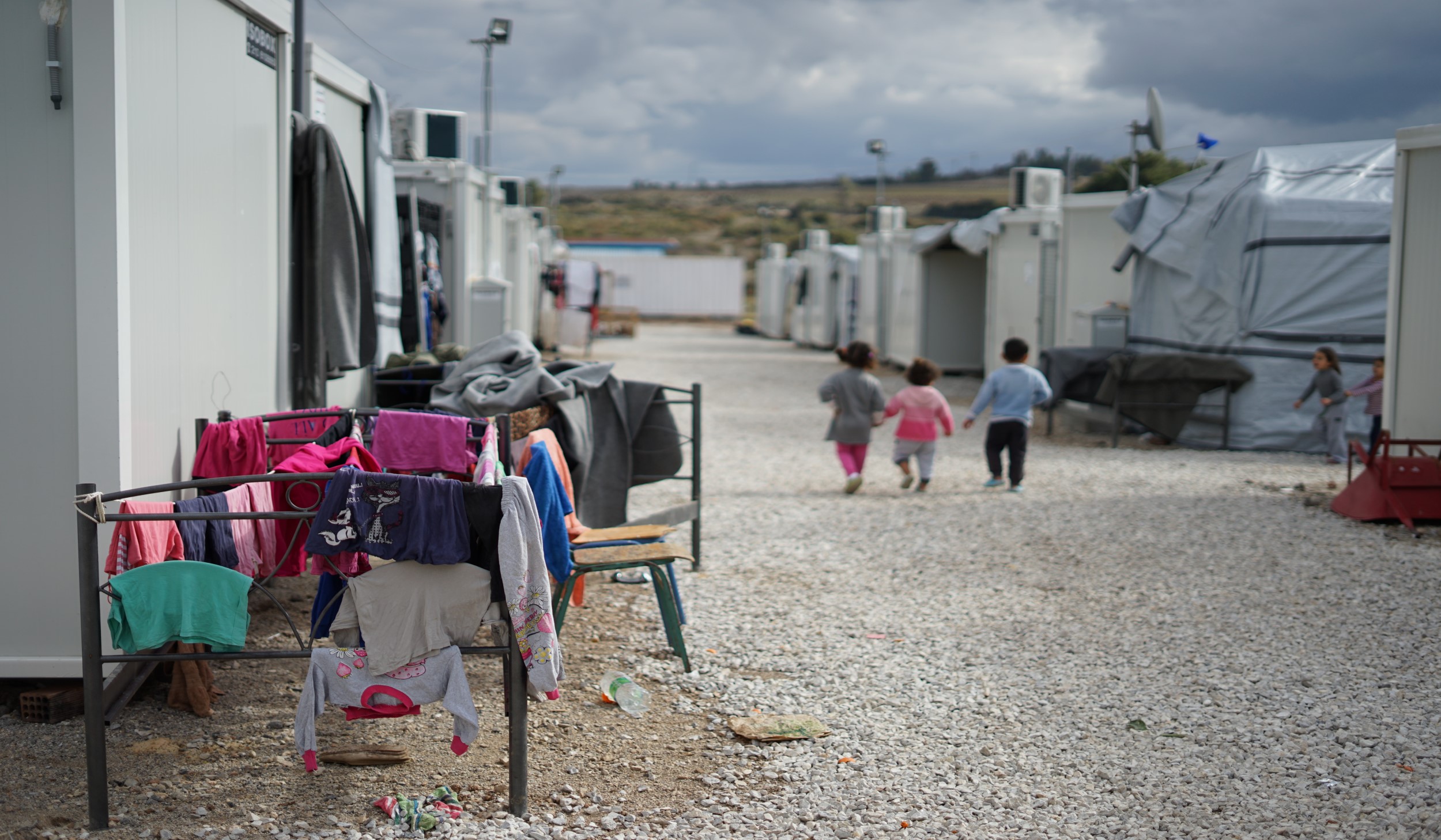
Refugee Trauma
Many refugees, especially women and children, have experienced trauma related to war or persecution. This trauma may affect their mental and physical health long after the events have occurred. These traumatic events may occur while the refugees are in their own country or during displacement from their country. They may experience illness, hunger, starvation, rape, or family members being taken, never to be seen again. They may experience prejudice and discrimination and more in the resettlement process even if here in the US.
Sexual Abuse
Sexual abuse is any interaction between two persons where one is forced to submit to the other’s sexual desire. This could be an adult and another adult, a child and an adult, a child, and another child. Here the submissive is used for the sexual stimulation or satisfaction of the perpetrator or an observer. Sexual abuse can include both touching and non-touching behaviors. Non-touching behaviors can include voyeurism, exhibitionism, or exposing the child or female adult to pornography. People of all ages, races, ethnicities, and economic backgrounds may experience sexual abuse. Sexual abuse affects all involved, the victim as well as the perpetrator. The perpetrator spirals deeper into their sadistic hole, needing more to satisfy their desires, the victim suffers and becomes traumatized.
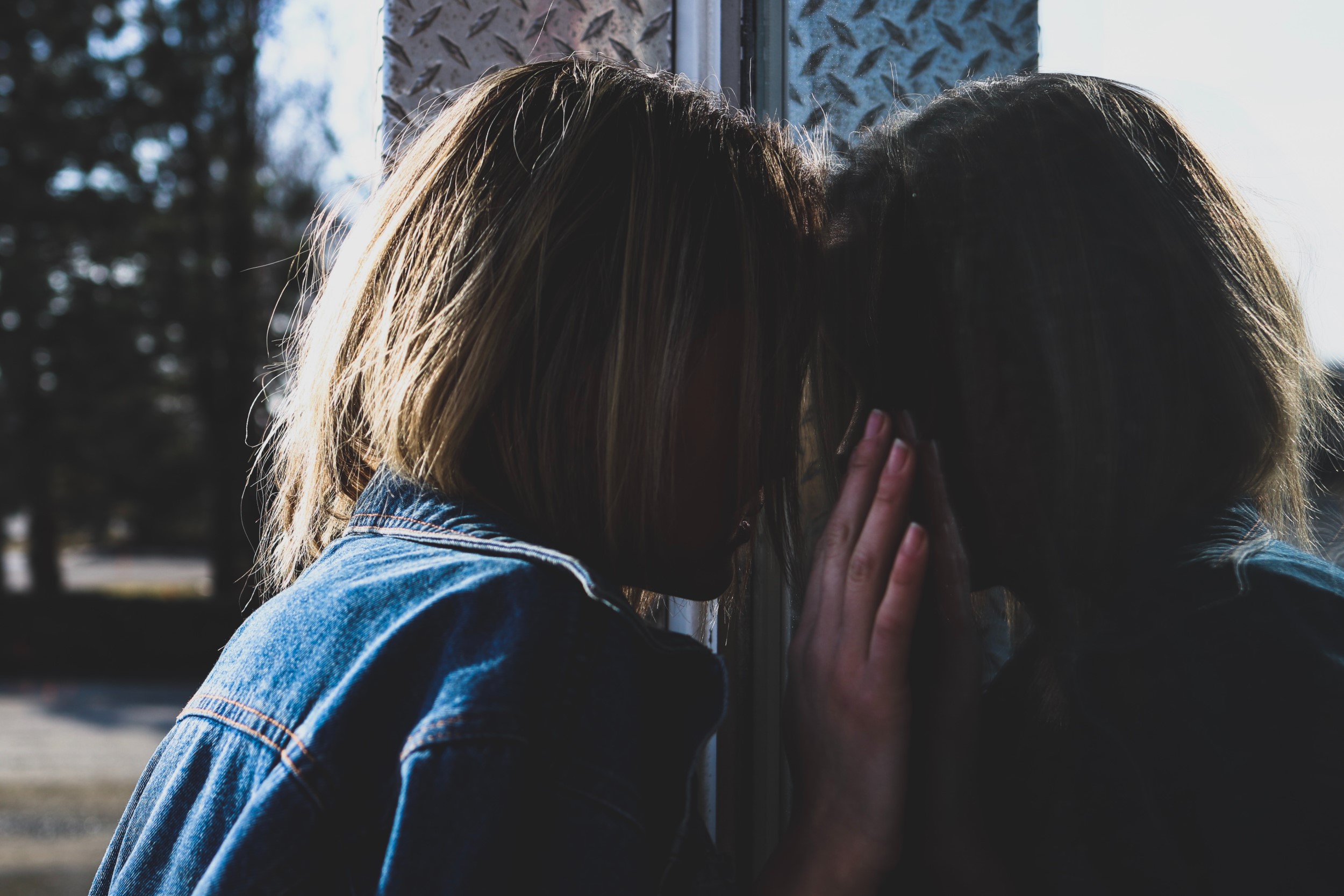
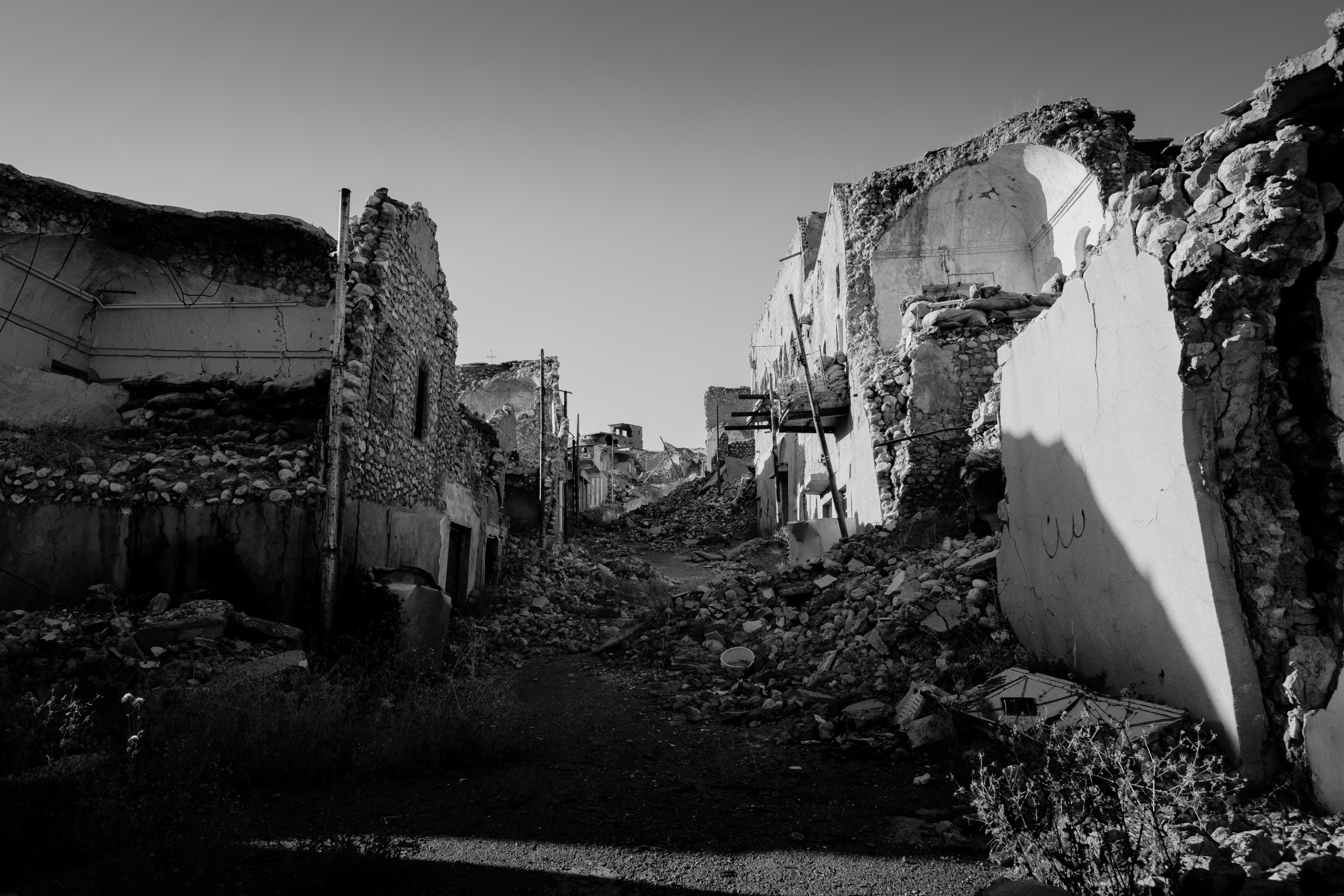
Terrorism and Mass Violence
Mass violence and terrorism in the form of shootings, bombings, or other attacks can have a profound impact on people. The impact will vary depending on the event and on the experiences of children and families during and afterward. Medical treatment and long-term rehabilitation may be required for adults or children that have been physically injured. Some may worry about the safety of family and friends. Others may need to adjust to the death of a loved one. Children and teens may react differently depending on their age and prior experiences. How long it takes to recover will depend on what happened to each individual child and family. Over time, many will return to normal routines, while others may struggle. It is important to be supportive and understanding of different reactions.
Our Other Services:-
